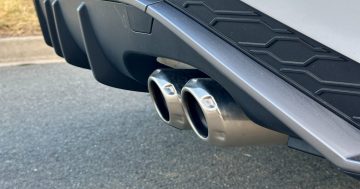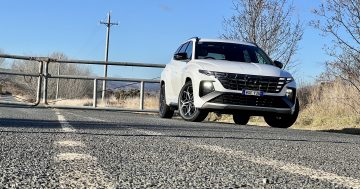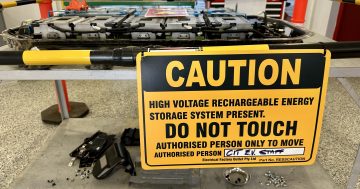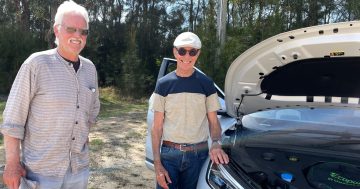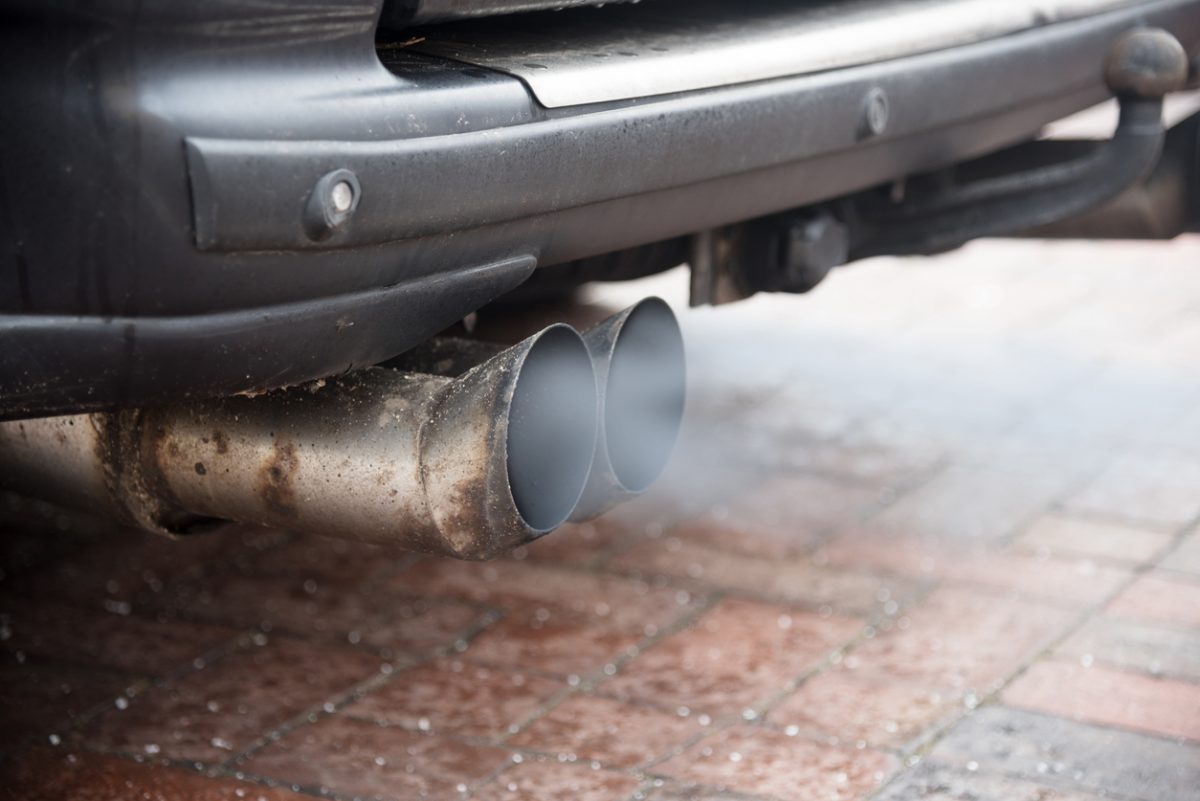
The ACT Government is moving to emissions-based car registration to encourage the uptake of low-emission vehicles. Photo: Region.
I was excited to see the impending transition in the ACT from weight-based car registration to emissions-based. And considering the car I drive, that positive reception might seem surprising.
I have a big Toyota Prado, a diesel-guzzling, emissions-blasting 4WD that I frankly feel ashamed of half the time I’m driving it (the other half I’m blasting Taylor Swift and enjoying finally being able to see the road properly, given my short height).
Why do I own a car that costs me stupid amounts of money in fuel and that makes the environmentalist in me cringe? Because, and I know how privileged this is, I have multiple horses and need a towing capacity of at least 3 tonnes, and unfortunately, there isn’t an EV in Australia yet that can manage that.
But I would happily pay extra in my car rego and support any other measures to drive the uptake of EVs. I am signed up for alerts on a range of electric 4WD cars with a 3-tonne towing capacity, which are available overseas and are expected in Australia in the next three to five years. I’ll be lining up to hand over my unsustainable ride. I’m crossing my fingers that the charging infrastructure will be better developed by then so I can head interstate with the ponies without worrying that I’ll run out of juice.
The primary hesitation I had about the proposed changes to ACT rego fees was the impact on lower-income drivers who can’t afford newer, more emissions-friendly vehicles. While I’m pleased to see that this has been accounted for in terms of people with concession cards and seniors cards, I still worry about the cohorts that have enough resources to not qualify for a concession card but who will still struggle with any price hikes.
The first car I ever owned was a 1995 Ford Mondeo that I bought for $3000 from my brother-in-law and then promptly crashed on the way home. I was in my first year of university, working two jobs and commuting 30 mins each way every day to the ANU. It cost me about $60 in petrol a week, and every time my insurance and rego came around, my heart would sink. I would be looking at just under a $1000 for the year. At that time, it was a huge chunk of cash.
But I was living with my parents and not paying rent, and I could get by with fewer coffees at uni and packing my own lunch. When I moved out and had rent, utilities and my car to pay for, I got a third job.
Even so, I had enough of a safety net that I was always going to be fine, and Mum would sneak cash into my wallet when I went home. I was immensely privileged and still am, so I am more than happy to pay extra on my car now. I celebrate every time I pay tax or rates (the only bill I get really annoyed about are my body corporate fees, and that’s because they just sent me an invoice for $3 for the cost of postage …. of their last bill!).
I had friends, however, who were not so lucky. They were entirely on their own, with parents who couldn’t afford to help out. They juggled work with uni and tried to avoid using their cars where possible. Even a $50 hike can be a lot when you have a very slim buffer in your bank account from paycheck to paycheck.
In bringing these changes through, I can see the ACT Government has tried to account for the range of impacts that could be experienced by Canberrans, and I appreciate that. I would happily take more of a hike to my fees if it meant the concessions were broadened to people on low incomes and those with concession cards.
In the meantime, I’ll keep waiting for an EV to come on the market that suits my needs and try to keep my diesel guzzler in the garage as much as possible.












